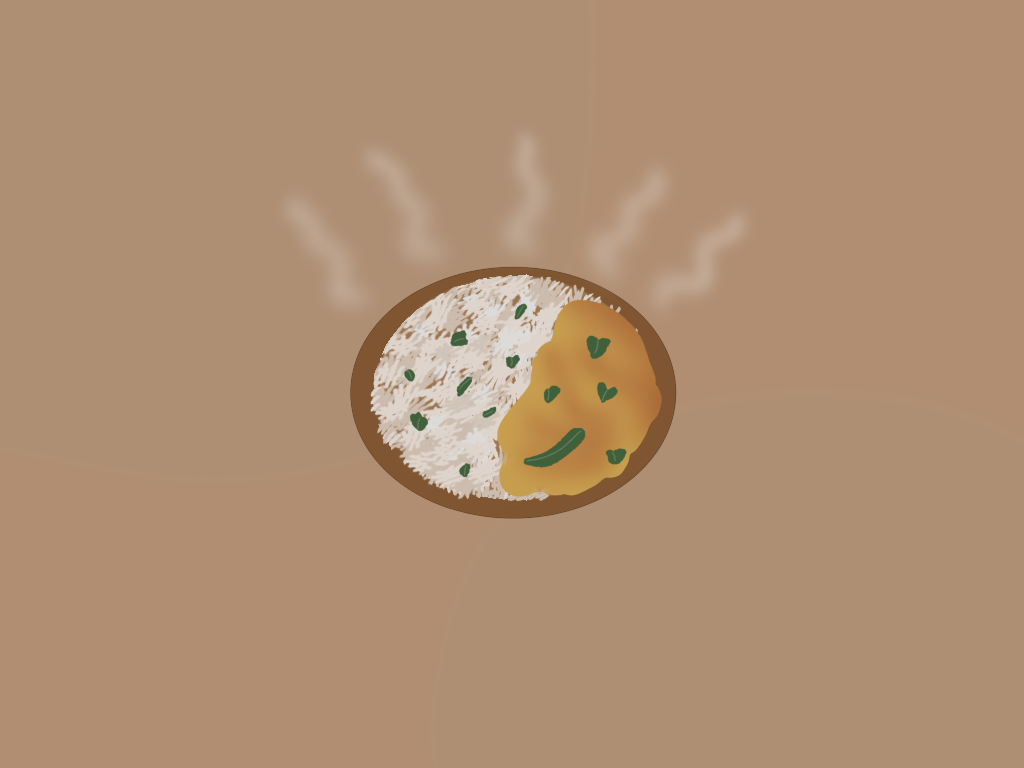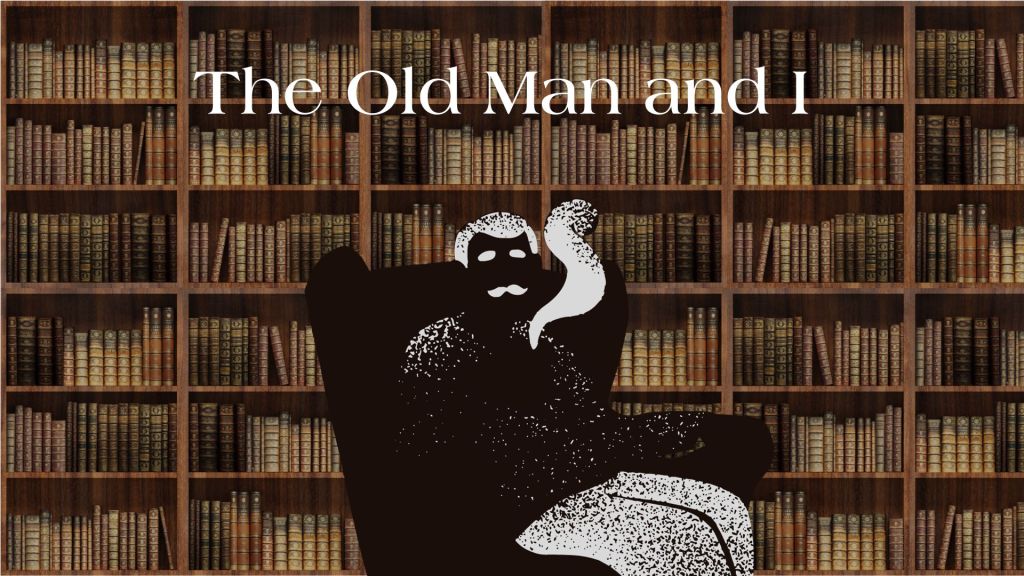Written by Samantha Bolf.
Originally published as part of the Spring 2017 “Power” issue.
In 2016, I read the Southern Reach Trilogy by Jeff VanderMeer. Immediately, I was enthralled with the world he had created in only three books –– a world of natural beauty and horror, which at the center was a woman biologist. I felt transformed as though something had shifted, both in myself and the world around me. When I contacted VanderMeer about potentially interviewing him, I didn’t believe that he would respond. Still, I needed to express to him, at the very least, how much I had been changed by his writing. He responded that he would be happy to answer any questions I wanted to send him, and his answers were just as well-written as his novels.
I’ve never fallen in love with a character [the biologist] so quickly, and I immediately adored and would’ve listened to her describe Area X and be ambiguously terrible and amazing for a very long time.
Jeff VanderMeer: That’s awfully kind of you—I’m glad you liked it so much.
Did anything in particular inspire the character of the biologist? Was she completely (forgive this pun) organic, or was she created as a result of an experience with similar professionals, or what you had previously known of biologists, or characters that had stuck with you?
JV: Most of my main characters are an organic mix of imagination, people I’ve known, and my own life experience. In the case of the biologist, I combined strong, self-sufficient women I’ve known with my own love of nature, and in particular marine biology, and some of my own memories that worked in this context, transformed. For example, I too had a swimming pool in my backyard growing up that was overgrown and full of frogs and fish. The biologist’s encounter with a starfish is similar to my own as a child, lost on a reef in Fiji. And it’s true my dad is a research chemist and entomologist, so I’ve been around scientists and in particular those studying living creatures, most of my life. But those are just conjuring acts that become subsumed by the person you’re writing about. The biologist, like the characters of Grace, the former director, and Control, all feel like real people to me—people I might bump into one day.
Was the narrative of Annihilation created from a conglomeration of previously read horror fiction? The New Yorker compared you to Thoreau, but it definitely felt Lovecraftian to me. Did you always have a proclivity for the strange and inexplicable in literature?
JV: When I started writing short stories, I thought what I was writing was pretty normal and usual, but my friends always told me it was a bit weird, a bit surreal and dreamlike. Kafkaesque. Since I often turned to extrapolation based on cutting-edge biological studies, including study of fungi and plant life, that effect often became magnified. I’m not a huge fan of Lovecraft, and especially not with regard to this trilogy because I think the trilogy embodies the antithesis of what Lovecraft valued. More importantly, there is no aspect of the settings and events, not including the uncanny events, that isn’t taken from first-hand observation. Which means the biggest influences are autobiographical.
You recommend on your website that aspiring writers to cultivate, if not a relationship with nature, some sort of physical activity they can engage in. Is this something you do? Do you often find inspiration strikes when surrounded by nature?
JV: Many scientific studies show that hiking without a mobile device cuts your stress and enhances your creativity. I get a similar effect from weight-lifting, although it’s not as intense. Mostly, I think it’s important to recognize as writers that we exist as both body and mind. For me personally, if I don’t hike or workout on a regular basis, my writing suffers. Everybody’s different, but what it boils down to is finding time away from writing that’s not full of fragmentation but instead is full of peace. As for exercise, if you can exercise, find something you love and want to do. It’s not about body type or anything except that it helps your intellectual pursuits as well. Of course, some of us have day jobs that already include physical exercise, so…
You did an amazing job of writing women like actual characters in Annihilation (and Authority and Acceptance). It was honestly a shock when I looked at the name of the author and realized you were not a female author. Did you go into Annihilation (or do you go into any of your projects) with the intention of writing characters as a certain gender, or do you have a process for writing female characters that differs from writing male ones?
JV: I don’t like to make generalizations about writing characters because each person I write about comes to me in a different way and my job as an author is to try to understand them and then convey what I understand about them. If I were to go in saying “I want to write about a woman now,” I think that’d be a mistake. Characters manifest to me in a particular way and then I explore who they are and try to put what’s useful to put down on the page. That said, in Annihilation I don’t have the added complexity of layering in modern society and how the average woman working her way through that society may find different challenges and obstacles than the average man. The biologist is only ever juxtaposed with nature, and the little bit of culture she tends to reject or interrogate or resist. Yet I was aware of that very issue in her relationship with her husband, and aware of the different things places on women rather than men in heterosexual relationships, so some of that is in there, and then it’s, again, having an awareness of how this affects and is reflected out from your particular character. It’s always about the specifics. And some places I know as a writer I don’t have the experience to explore. For example, I love Adiche’s Americanah, but I could never have written that novel. So there are areas of constraint, and one thing every writer is wise to know is where they are strong and where they are not strong—and that includes when and how they decide to explore a particular character or set of characters.
This is more of a personal question, and you definitely don’t have to answer this, but the entire time I was reading the trilogy, it reminded me of House of Leaves by Mark Z. Danielewski. House of Leaves is one of my favorite novels, and I had vaguely searched for similar novels to it on Google (got a lot of Infinite Jest suggestions, which I will tackle at some point but didn’t seem especially similar based on description), but nothing struck me as anywhere near as monumental and well-thought out as House of Leaves until the Southern Reach trilogy. Was it in anyway inspired by House of Leaves? Or was there any particular work that did inspire the trilogy if not House of Leaves?
JV: I do love House of Leaves, but I don’t think it was any particular kind of influence, especially because House of Leaves is itself riffing off of older supernatural fiction and off of the work of writers like Nabokov. Infinite Jest is nothing like House of Leaves—I think the main thing is people see two large, ambitious books with footnotes and can’t help but make the comparison! I will say that I was working on the unique typography and design of my first major book, City of Saints and Madmen, when House of Leaves came along, and it did inspire me to push even further in terms of the layout.
How do you feel about the plans for an Annihilation movie? How involved are you with production/planning/etc, or are you involved with it at all?
JV: Alex Garland’s kind enough to keep me in the loop, but I don’t have any control over any of it, either in terms of casting or script control. That will change with future projects. Garland’s a very talented filmmaker—I’m curious to see what his version of Annihilation looks like.
Again, thank you for both responding and also for writing the trilogy. It’s served as an intense source of awe and inspiration for me, and I would not be exaggerating if I said that reading the novels changed my life as a writer.
JV: Again, that’s very kind. I really appreciate it and in fact that kind of makes my week. I hope you like the next thing, too. It’s got a flying bear in it, which you don’t see every day…







Leave a comment